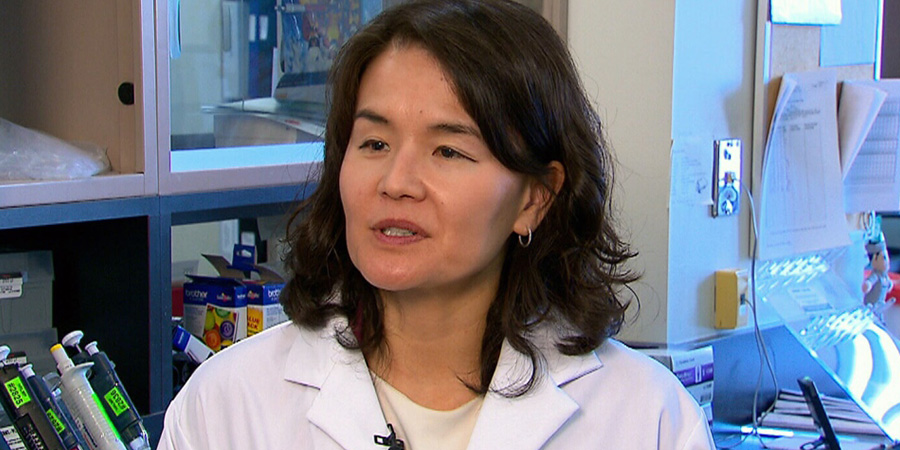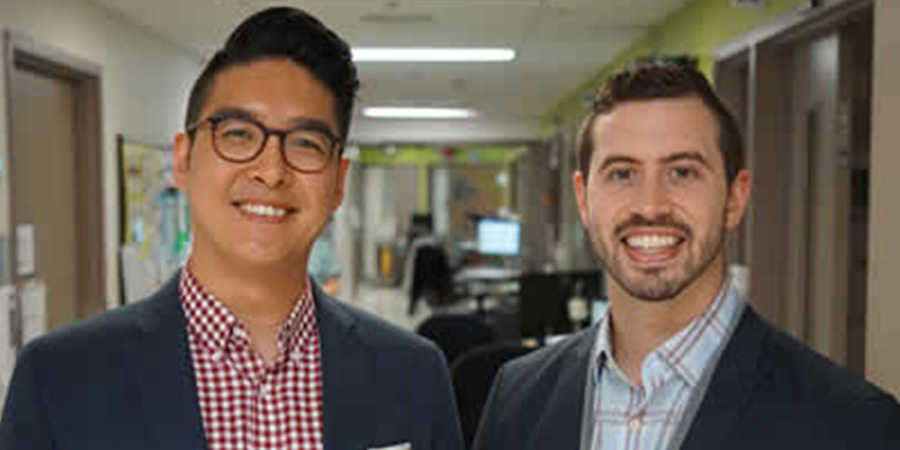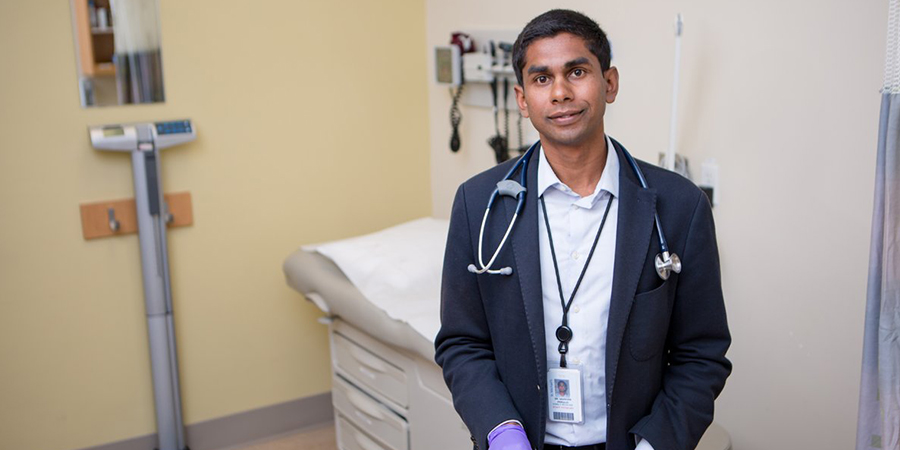“Our family wants to thank you for saving the life of our one-hundred-year-old mother by treating her with a fecal transplant. Before this amazing cure, she suffered for seven months with recurring bouts of c-difficile and her health was rapidly deteriorating. She completely recovered from this debilitating disease within 24 hours of the treatment in January.” – Laurie and Jay Cashmore
When you think of poop, does lifesaving come to mind? In 2013, Dr. Christine Lee from McMaster University was awarded with $169,000 for her clinical research study “A prospective randomized double-blind trial of fresh versus frozen-and-thawed human biotherapy for recurrent Clostridium difficile infection.”
Clostridium difficile infection (CDI) occurs when the colon is stripped of good bacteria, typically due to patients taking antibiotics. The use of fresh fecal microbiota transplantation has been the common practice for treatment for recurrent CDI; however, problems related to time involved for screening process and the short window of opportunity to use the specimen have posed as a challenge.
Dr. Lee is overcoming these challenges with her research that proves the feasibility of frozen fecal versus fresh fecal in several areas:
Emotionally, there is a restoration of health and quality of life for many patients, as well as their family members who are the ones caring for the patients.
Economically, the financial burden is lifted for patients and families, as there is a high cost associated with prolonged stays and long-term use of medication (up to $30,000).
Within the healthcare industry, significant reduction in overall length of hospital stay not only minimizes the risk of transmission to other patients, but also, reduces costs. For example, in treating 150 patients over a span of 1.5 years there was a financial savings of $3.3 million.
Next steps are to offer Lyophilized, which is freeze-and-dried stool that can be sent anywhere, making it available more widely.
If you’re looking to become a donor and/or interested in more information, please do not hesitate to contact Dr. Christine Lee at clee@mcmaster.ca.
To find out more, take a look at these links:



